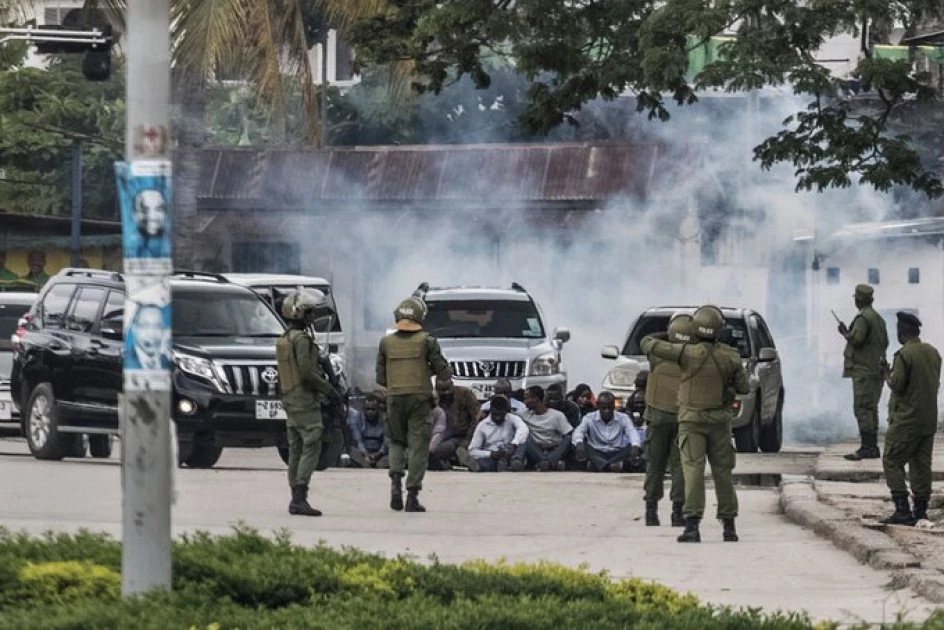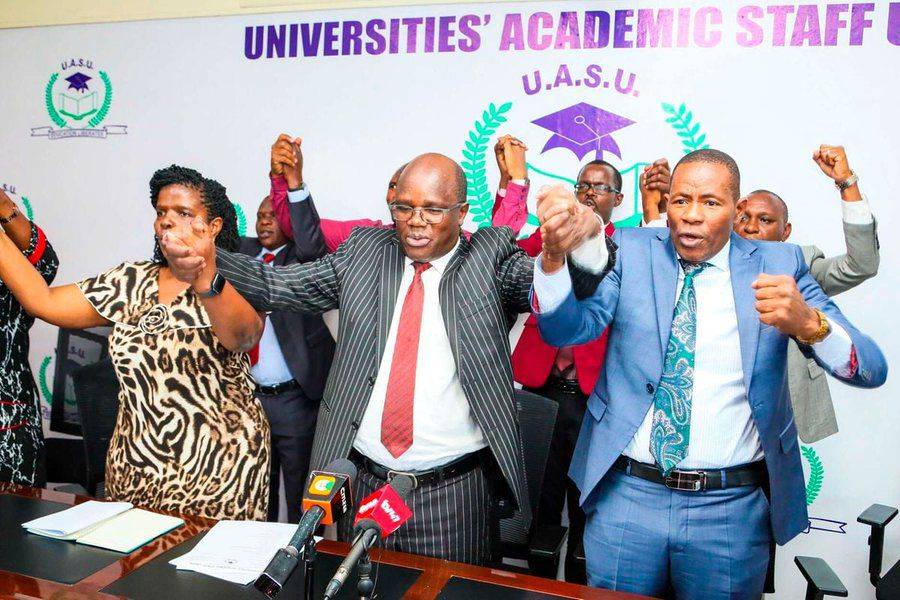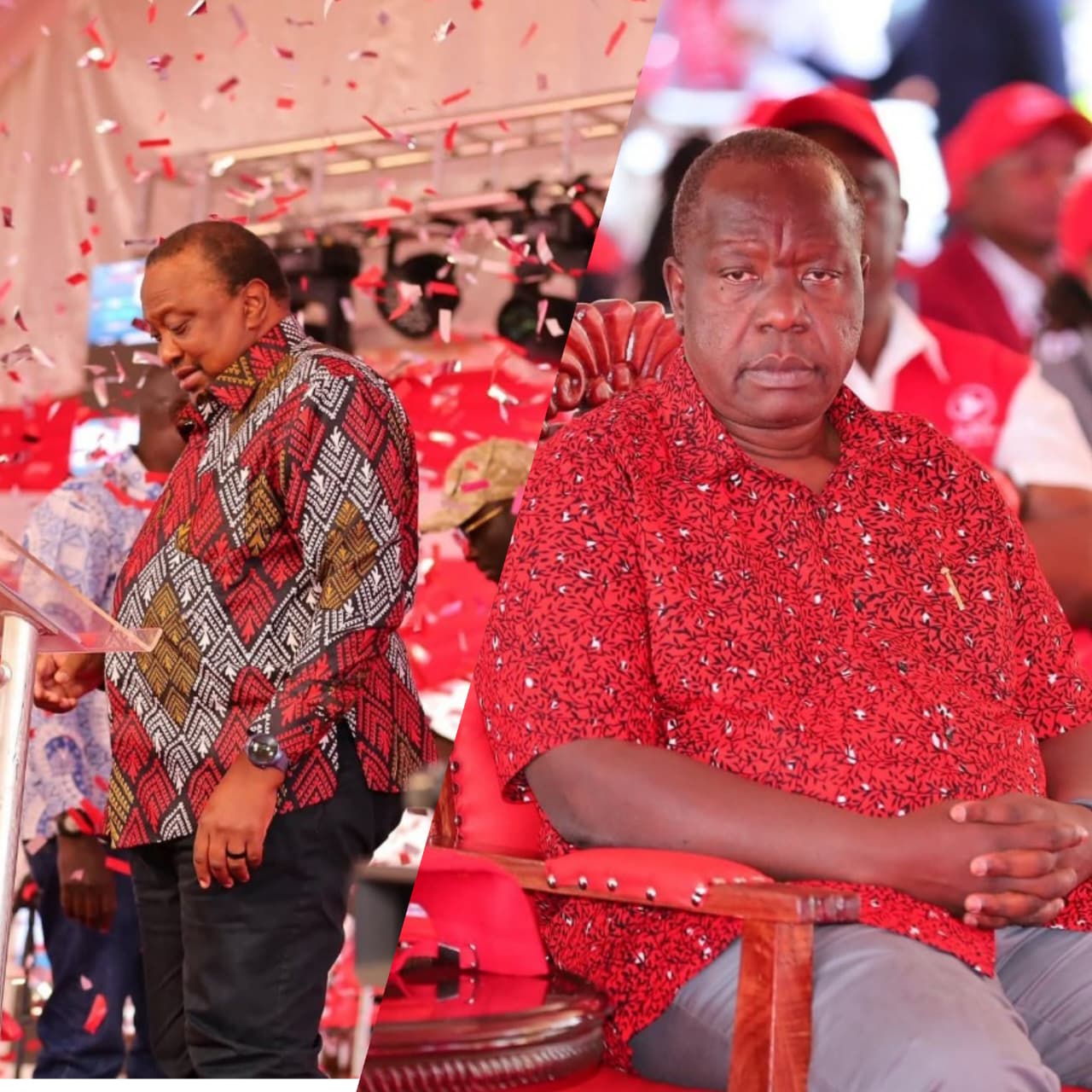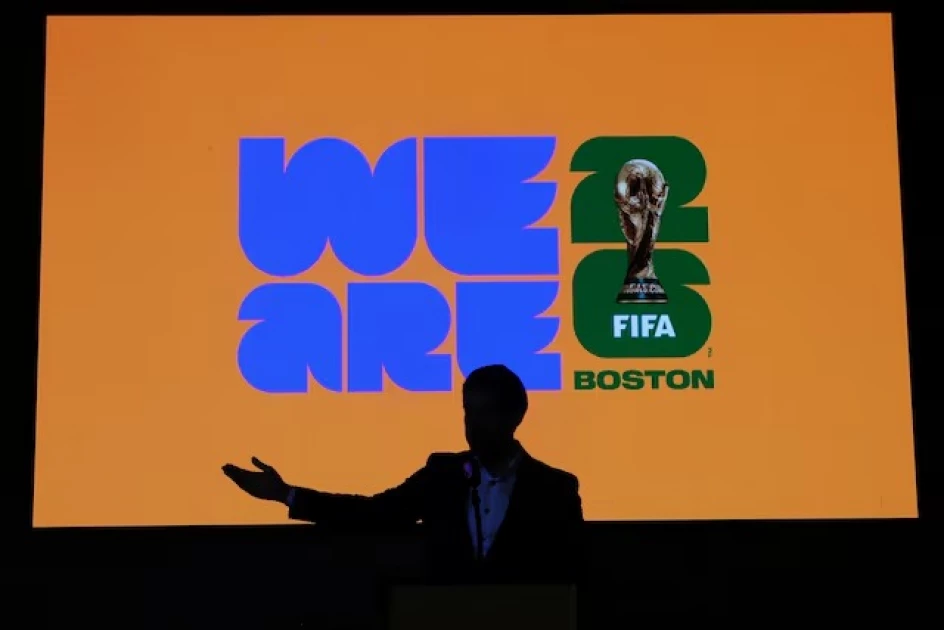Madagascar’s Coup Leader Michael Randrianirina Sworn In as President Amid Youth-Led Uprising
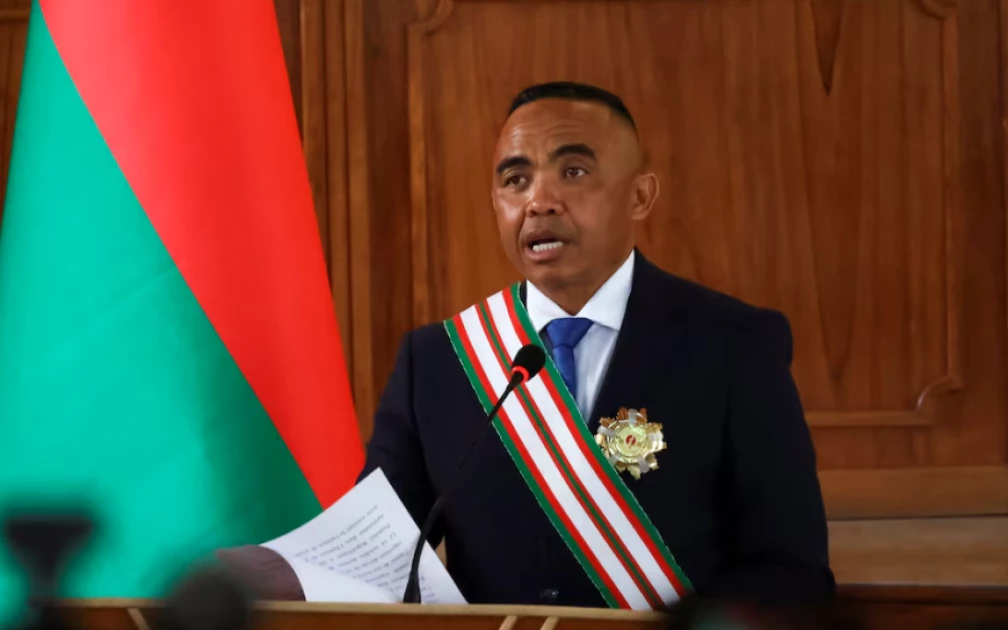
Colonel Michael Randrianirina officially took the oath of office as Madagascar’s new president on Friday, marking a dramatic turn in the country’s politics following youth-led protests that toppled former leader Andry Rajoelina. The ceremony at the High Constitutional Court in Antananarivo was met with cheers, blaring trumpets, and raised swords as the new leader pledged to restore unity and stability.
“I will fully, completely, and justly fulfil the high responsibilities of my position as President of the Republic of Madagascar,” Randrianirina declared during his inauguration. “I swear that I will exercise the power entrusted to me and dedicate all my strength to defending and strengthening national unity and human rights.”
How Did the Madagascar Coup Unfold?
The transition of power followed weeks of intense protests driven largely by the country’s youth, frustrated by long-standing shortages of power and water. These demonstrations forced President Rajoelina to flee abroad, leading lawmakers to impeach him and the army to assume control. The High Constitutional Court quickly ratified the military takeover, a move that sparked both celebration and international condemnation.
The African Union and the United Nations Secretary-General António Guterres criticized the coup, calling for a return to constitutional order. Despite the backlash, Randrianirina announced that a military-led committee would oversee the country for up to two years before organizing new elections.
“Whether the military returns power depends less on words and more on binding safeguards, incentives, and oversight,” said Ketakandriana Rafitoson, Vice Chair of Transparency International. “Commitments such as ‘We will hand over in two years’ are weak if unaccompanied by mechanisms that limit the junta’s capacity to entrench itself.”
What Do the Youth Protesters Want Next?
While many celebrated the fall of Rajoelina, not everyone viewed the army’s rise as a victory. Young protesters who initially led the demonstrations expressed caution. “This is a stage. Our aims haven’t been achieved,” said 18-year-old student Mioty Andrianambinintsoa outside the court. Her fellow protester Francko Ramananvarivo added, “Our objective is to be led by a government that is close to the people. We are not there yet.”
Randrianirina, a commander in the elite CAPSAT army unit, previously urged soldiers not to fire on protesters and promised to protect them. His rise to power has reignited debate over Madagascar’s fragile democracy and the role of the military in governance.
Despite the nation’s rich natural resources, including vanilla, sapphires, and nickel, Madagascar remains among the poorest countries globally, with an average annual income of around $600. For a country where most citizens are under 20 years old, this new chapter under Randrianirina will test whether real change can follow revolution.
By Lucky Anyanje


